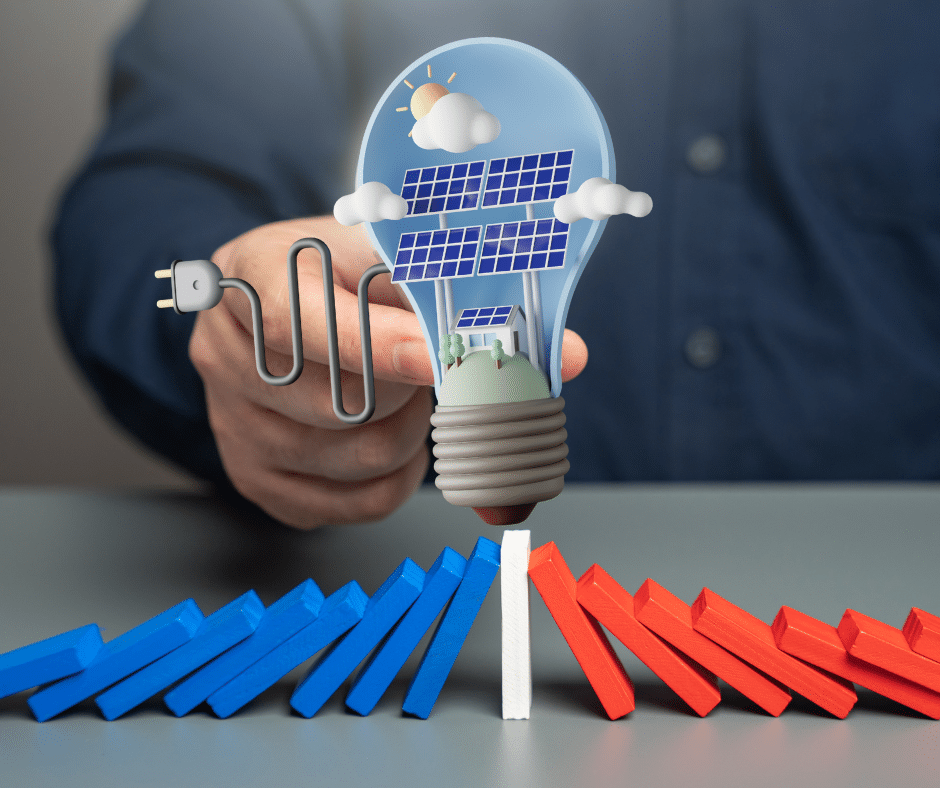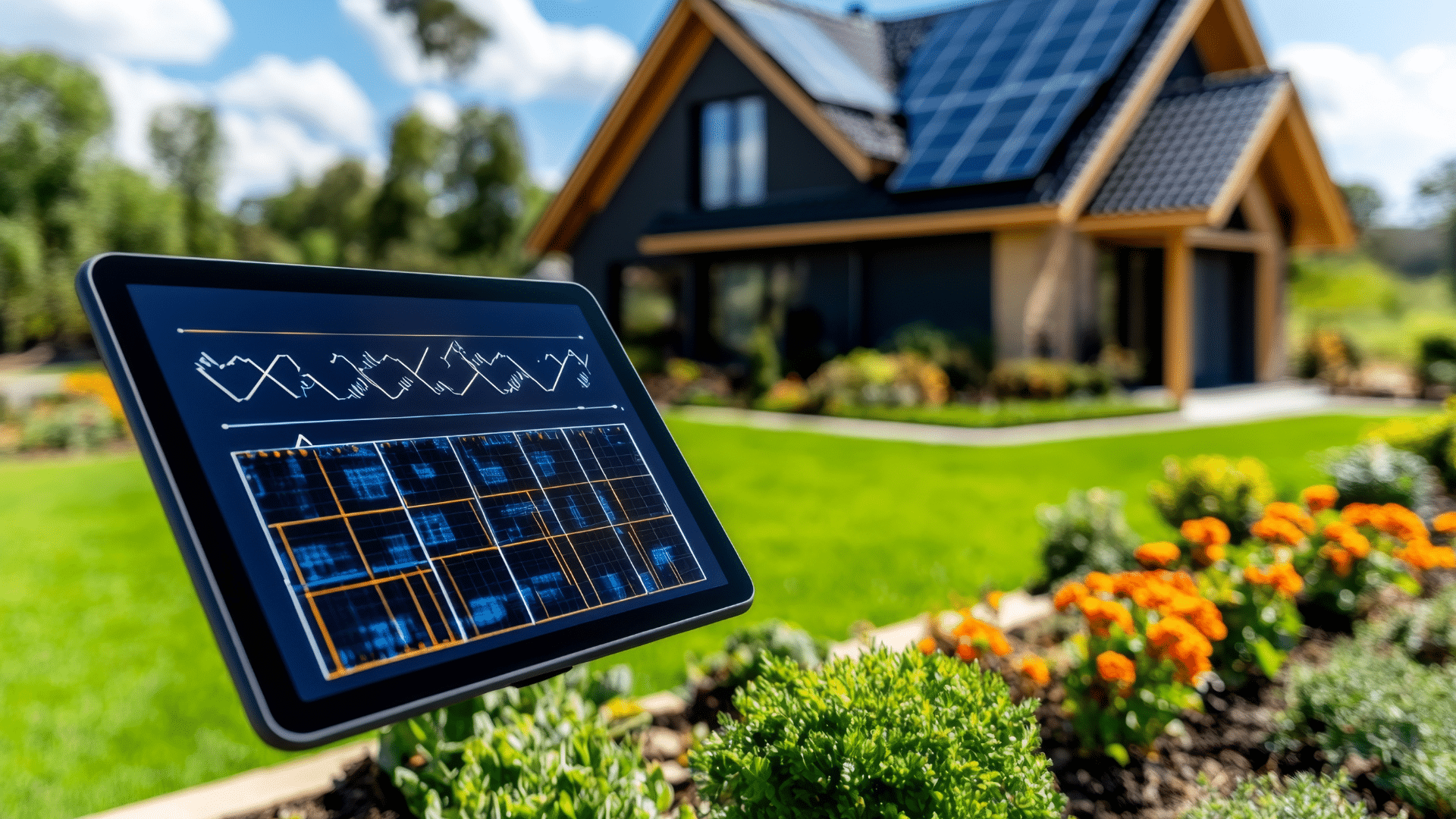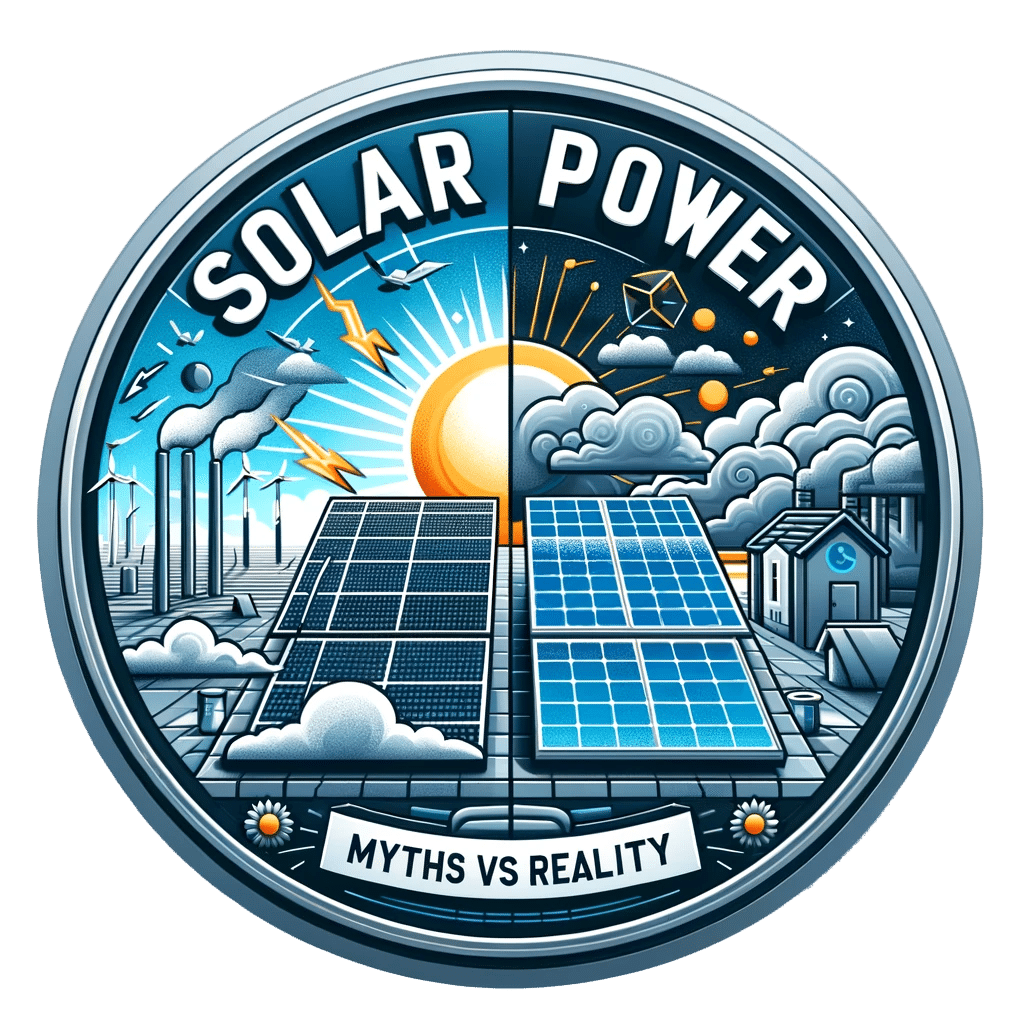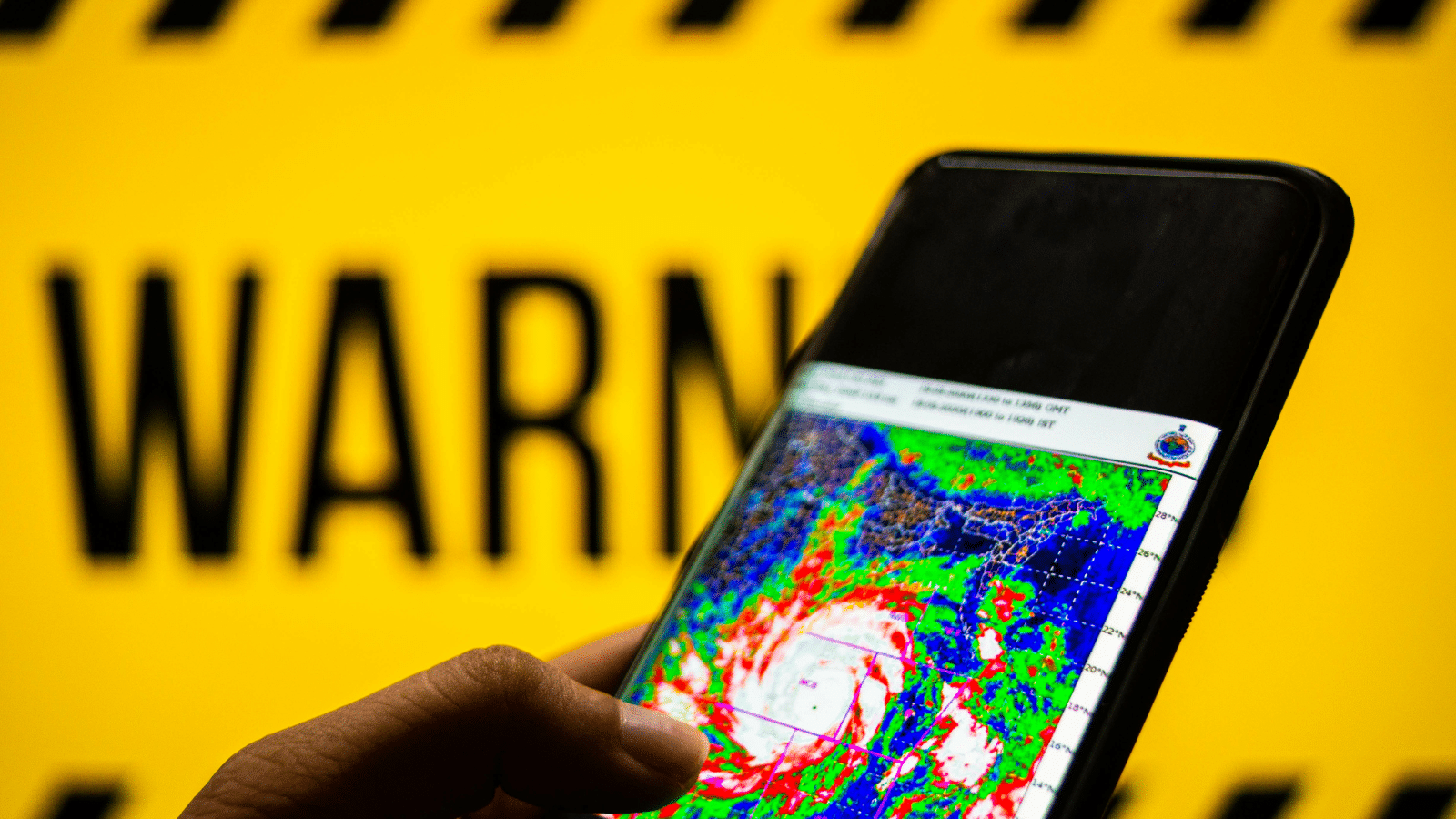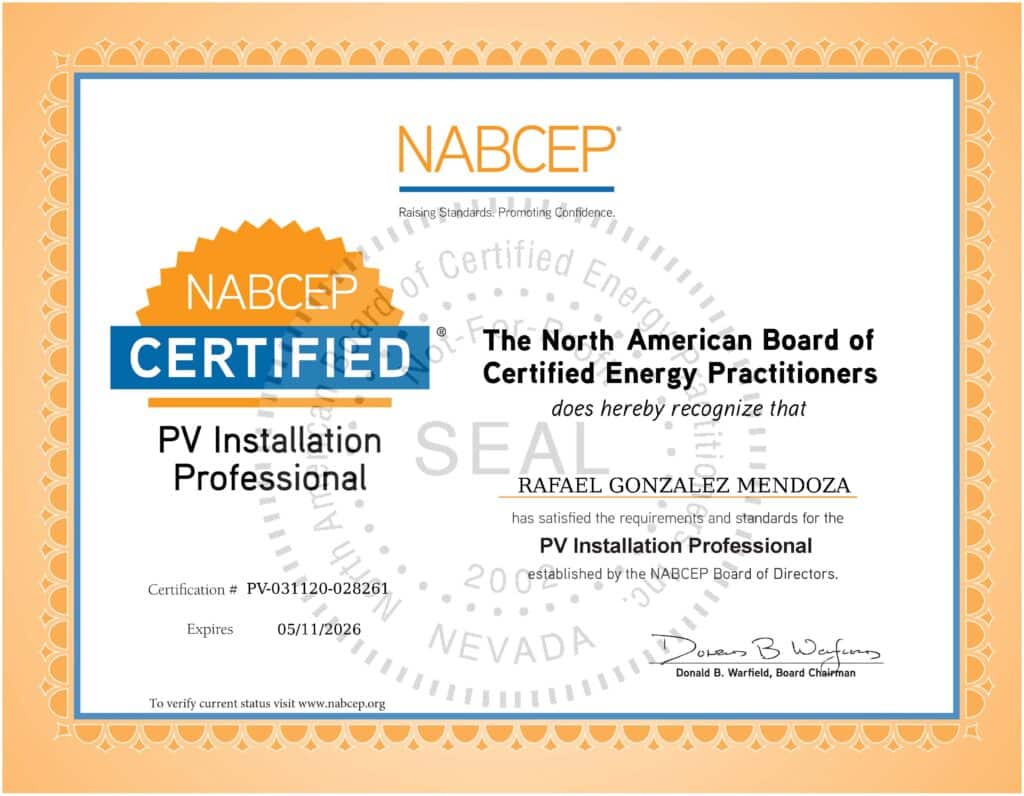At some point in time, you may reach out to a solar panel specialty company inquiring about buying and benefiting from solar power energy. The most critical stage is what happens to solar panels after their life is over.
What’s the Average Lifespan of Solar Panels?
On average, a solar-powered device lasts 25 years or more. Although plenty of devices work after 25 years, their output rapidly decreases over time. The best way to know that your panels last longer than expected is to team up with your specialist to extend their life through new maintenance practices.
It is possible to save your device’s life. While setting a date and time to install a commercial solar power system, take note of these ways to extend a solar system’s lifespan:
- Clean and maintain the panels
- Keep the system away from trees
- Clear off debris
- Hire a professional for maintenance checks
What Happens to Solar Panels if They Go Bad?
Solar panels, like other devices, have a lifespan. At the end of life, homeowners will often recycle their panels. The materials used in the solar system manufacturing process can generally be recycled. The process involves crushing and breaking down the material once the frame and junction box are removed.
Next, the silicon cells inside the materials are destroyed since they are no longer useful. There are times when the cells are recycled along with the materials they sat in for their lifetime. Many homeowners replace their panels with new ones.
Is Replacing or Recycling a Good Idea After 25 Years?
Yes! Replacing or recycling the panels after 25 years is a good idea. However, you shouldn’t replace them if they still work. Monitoring the electricity flow emitting through the photovoltaic cells will indicate whether to replace or recycle your panels.
Solar power apps can track the kWh of electricity. If you notice the number going down, that’s a significant sign the panels are degrading. This can happen even if there’s no apparent damage from debris or a buildup of shade.
Should I Replace Other Components?
You should consider replacing parts of the panel if it’s not the entire structure that’s dying. Since the hardware makes the panels work, replacing them could extend the solar panel’s lifecycle.
The inverter works the hardest since it converts absorbed cells into electricity for a house to use. Change the inverter every 10 to 15 years. The battery only needs to be changed every 10 years. The racking system should be replaced whenever it has a crack or excessive elemental damage. Keep yourself informed on the death process of solar panels so you can start developing strategies to maintain your panels once installed.
Go Solar Power has experience installing and educating homeowners on the maintenance of solar system panels. Reach out to us for information, and set up a date for your solar panel installation.


